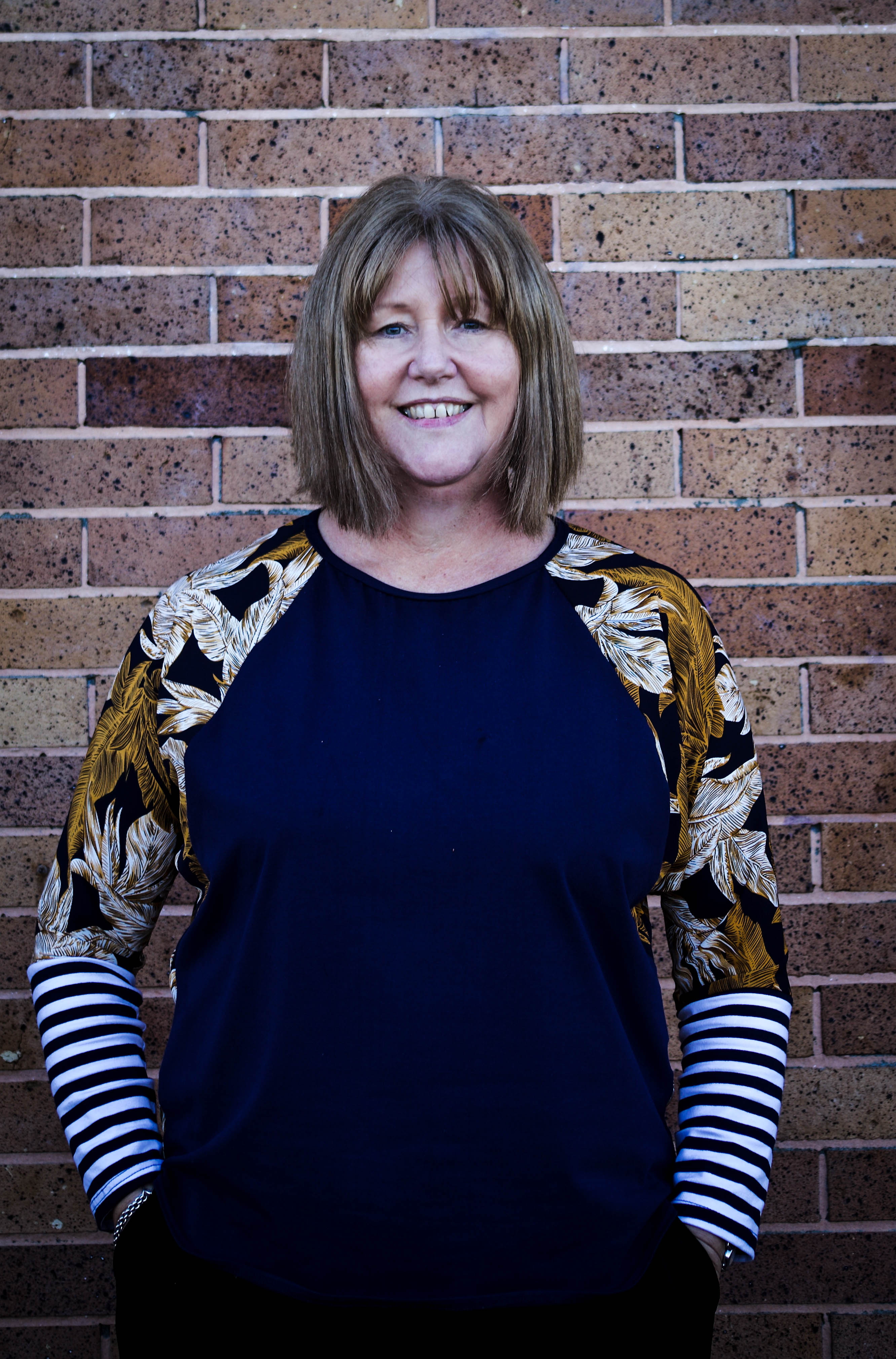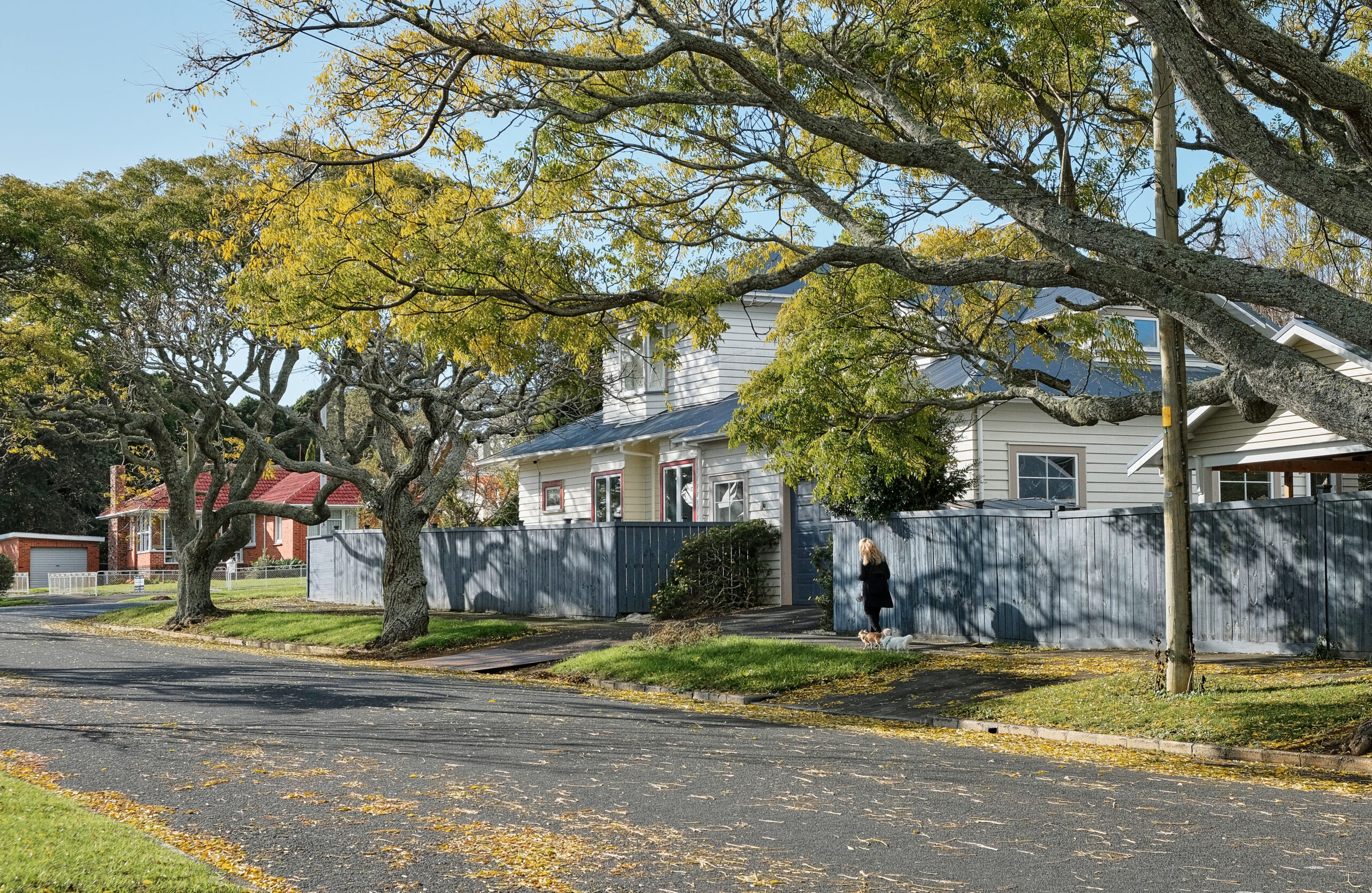People have been selling land since someone put a stake in the ground and said ‘this is mine – who wants to buy it?’. But settling on a price has led to some creative options over the years.
There’s auction, tender, fixed price, and some hybrids such as ‘deadline sale’ and ‘offers over’ to name a few.
Ailsa Dawson is the Customer Success Manager at homes.co.nz and has worked a real estate agent for some of the country’s top agencies. During her 16-year career she has advised hundreds of clients on the best method of sale to help them move to their next property.
She says deciding on any particular sales method comes down to a few factors; the agent selling the property, the current state of the market in that area, and what locals are accustomed to. For example, Ailsa says auctions are dominant in Auckland while in Wellington tenders are the preferred method of sale.
Stating an asking price is an option in some circumstances, while asking for ‘buyer enquiries over’ ensures the sellers gets the minimum they are hoping for – but there are risks. Still, there is no “one-size fits all” when it comes to selling your home.
“Too many agents will exclude some methods of sale because they prefer one type over all others,” says Ailsa. “So it is down to vendors to explore the various methods and not just going with the one the agent favours. A consultative discussion between agent and seller is the best way to determine the best method of sale.
“And do ask the agent questions to determine their skill set. For example, have they run successful auctions before, or how many tenders have they managed?”
Fixed price
While most agents caution against fixed-price marketing, Ailsa says stating a price can work for properties such as apartments and sections; where you can compare apples with apples. But when it comes to a home in a street…well it’s almost impossible to put a price tag on it.
“You never know what is behind the front door,” she says. “Is it 2 bedrooms or 4? Everyone’s house is going to be different to the neighbour’s. Buyers really do need to inspect and decide what they are prepared to pay.
“In addition, buyers invariably offer less than the asking price; but they may well end up in a multi-offer situation where buyers are encouraged to resubmit their offer under competition.”
Tender
Wellington is the tender capital of the country and agents there will defend it because they do it well – it is what sellers in Wellington prefer, says Ailsa. “It is familiar to most Wellington sellers and buyers – but doesn’t mean they like the journey of this method of sale.
“It is not always the highest tender that is accepted by the vendor,” she says. “A vendor might prefer selling to a family than a developer who might pull it down,” she says.
“A tender puts the vendor in control; they set the sale date, the deposit has to be paid upfront, and buyers are encouraged to put in their best unconditional offer.”
Privacy is also a consideration as tender details are kept out of the public eye.
Auction
Unlike tenders, where the seller can pick and choose who their home is sold to, there is no such control with an auction. The highest bidder above the reserve price wins. It’s simplicity and transparency are its strengths.
“Some people balk at paying for an auctioneer, but one bid above reserve will normally cover that cost off,” says Ailsa.
Deadline sale
These are written up on purchase and sale agreements with a deadline date in all marketing material stating the time that all offers have to be submitted by.
“It puts the conditions of sale with the buyer, not the seller,” says Ailsa. “It really is an open negotiation. But the fear of missing out can lead to someone putting in an eye-watering offer.”
“But to the purist; a deadline sale can be seen as taking the power away from the seller and handing it to the buyer – as they set the terms and conditions of the sale. A deadline sale can cost less to administer than an auction or tender though which may appeal to some sellers.”
Buyer enquiry over
In this case a vendor agrees a minimum sale price with their agent and invites offers above it. So if property is marketed with a BEO of $800,000 then an offer of $801,000 has to be seriously considered.
“This means you can get into some tricky ground if $801,000 is rejected outright,” says Ailsa. “The vendor has to be absolutely sure their stated BEO value is a price they are happy with because they have to negotiate in good faith any offer above that figure.”
If you are unsure of the value of your home, then recent nearby sale prices can offer a guide. Check out ‘HomesEstimates’ at homes.co.nz or pay to have your home valued by a professional valuer.


